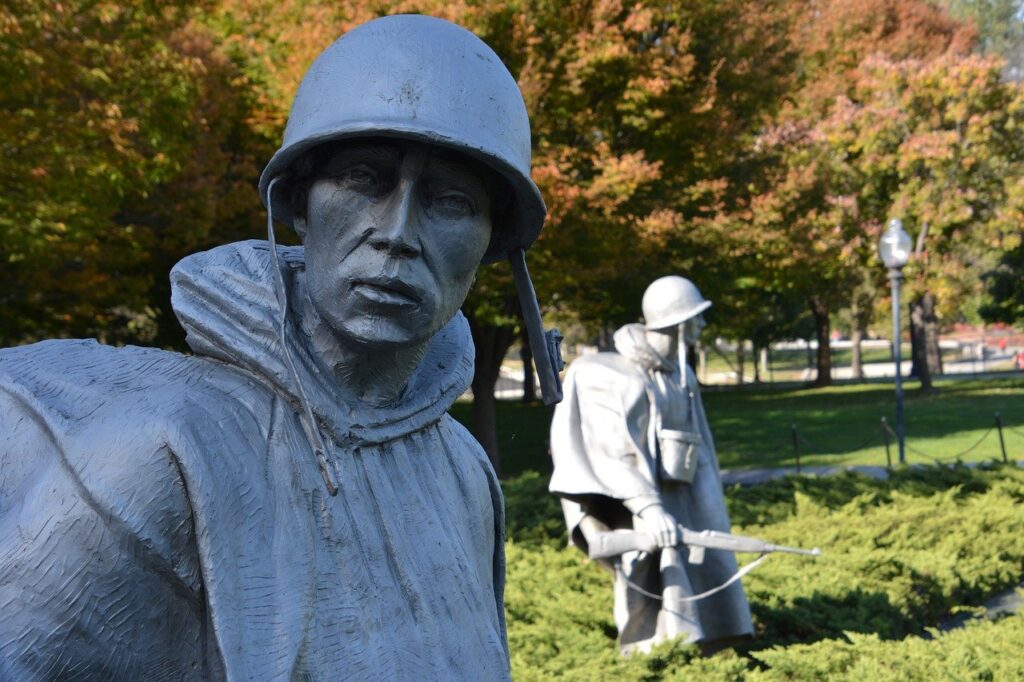On March 10, the Department of Veterans Affairs announced that the number of military veterans homeless on a given night had decreased 18 percent last year. VA’s Community Homelessness Assessment, Local Education and Networking Groups (CHALENG) conducts an annual census of homeless veterans.
Results show approximately 107,000 homeless veterans each night last year, compared to 131,000 in 2008 and 154,000 in 2007. However, according to the National Coalition for Homeless Veterans (NCHV), over the course of a year twice that many experience homelessness. Only eight percent of the general population can claim veteran status, but nearly one-fifth of the homeless population are veterans.
The number of veterans that are homeless on any given night indicates successful progress in VA’s five-year plan, now entering its second year, to eradicate homelessness for veterans. Secretary of Veterans Affairs Erik Shinseki stated in order to eliminate homelessness, VA has to prevent homelessness from occurring.
“To eliminate homelessness, we must help more than veterans currently without a place to live,” Shinseki said. “We must prevent approximately 27,000 new veterans who are at risk of becoming homeless from crossing that tragic line each year.”
A joint effort among federal, state and independent organizations has provided momentum for this effort. In fact, according to the VA, more than 4,000 community partners have contributed to the goal of decreasing veteran homelessness, providing a 15 percent increase in veterans served through these organizations.
VA has also partnered with the Department of Housing and Urban Development. While VA provides case management for homeless veterans and their families, HUD provides housing vouchers. According to HUD, 79 percent of those who successfully transitioned from VA-funded housing programs to permanent housing remained housed after one year.
Veterans, in addition to the multifaceted set of factors influencing all homelessness (extreme shortage of affordable housing, livable income and access to health care) are homeless because they live with the lasting effects of post-traumatic stress disorder (PTSD) and substance abuse, according to the NCHV.
“It will take dedication, creativity and hard work of many parts of American society to end homelessness among veterans,” Shinseki said. “But mostly it takes the resolve to say, ‘It is unacceptable for a single veteran to spend the night on the streets of America.’”








